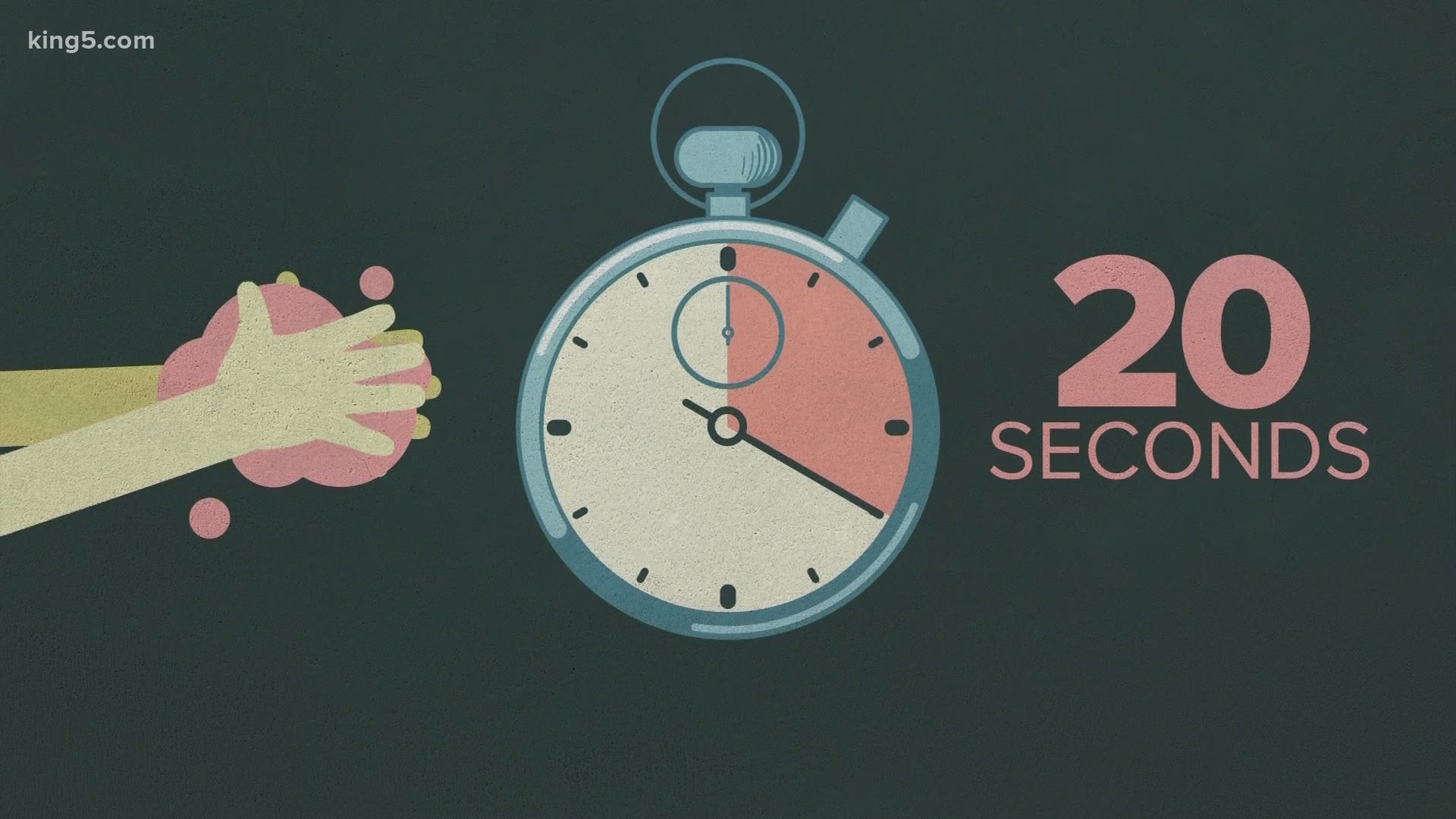Good ol' soap.
By now you’ve heard about the 20 second rule: wash your hands with soap and warm water for 20 seconds.
Health officials say that using soap is an effective way to kill the new coronavirus that is causing the respiratory illness COVID-19. Here's why that works.
Take a really close look at soap, and you'll see a molecule. One side loves water. The other side loves fat and hates water.
Put soap and water next to a fat such as oil and the soap molecules go to work. The water-loving side goes toward water and the fat-loving side goes toward the oil.
It’s why soap does such a good job of cleaning your gross, grimy dishes.
Now let’s see it interact with the novel coronavirus.
The outer layer of the virus has a weakness. The water-hating, fat-loving side of the soap molecule.
The coronavirus' outer layer – scientists call it a membrane of oily lipid molecules – is no match for soap.
Each soap molecule pries the membrane apart, exposing the water-soluble inside of the virus to water.
Eventually soap forms a bubble around the bad stuff. Scientists call that a micelle (my – SELL’).
Add more water, and it all washes away.
So why 20 seconds?
Viruses like to get in the lines of your hands. The more time spent with soap, the more time to clean those cracks.
Hand sanitizer works too, thanks in no small part to alcohol which through a process called denaturing works to destroy the virus. The key to hand sanitizer is to have at least 60% alcohol.
So that vodka in your cabinet probably won’t work. Save that for something else.
Like, say, celebrating the really cool thing about soap.
So get going, and start counting to 20 seconds.

